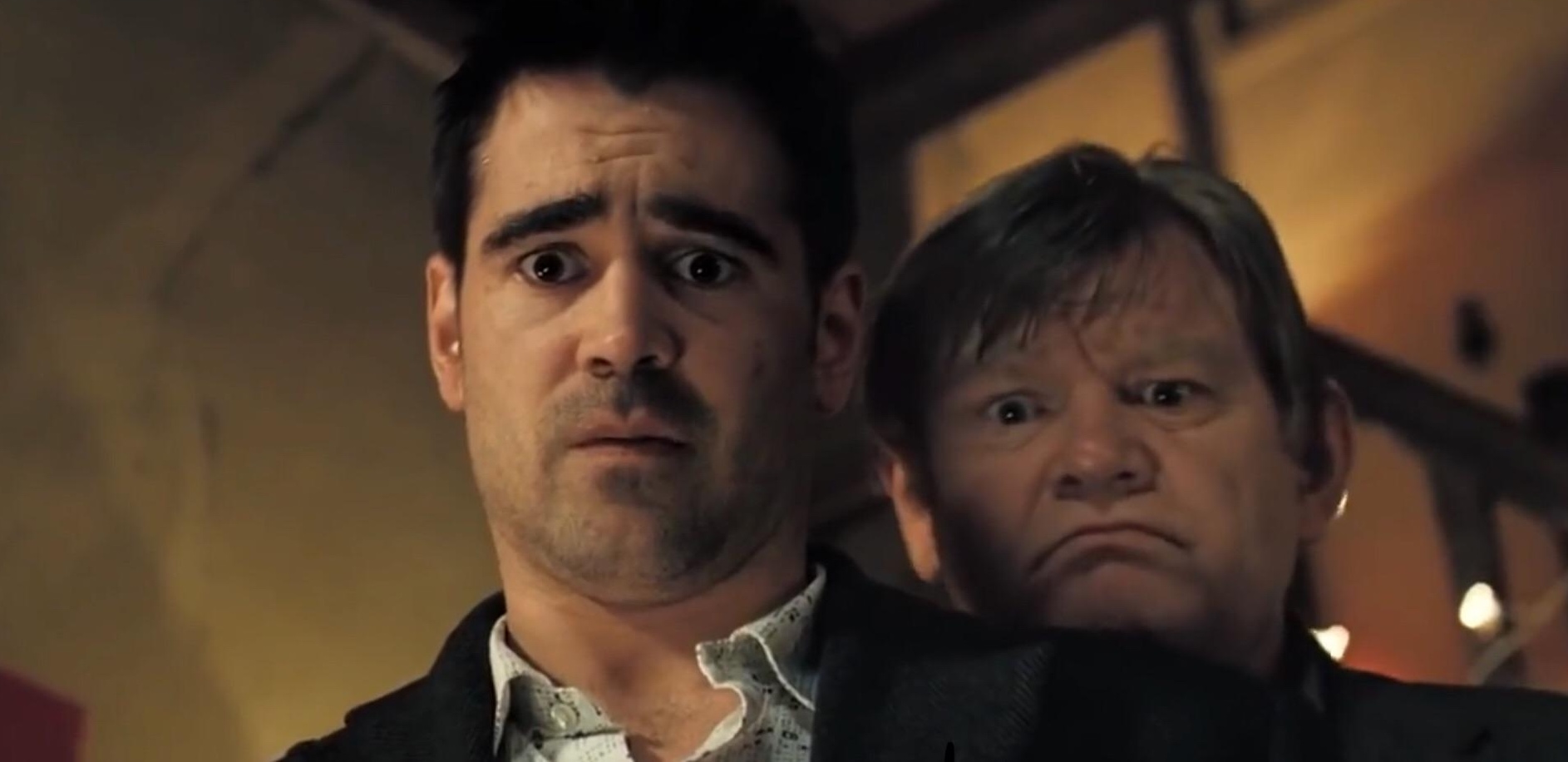Welcome to Rearview Mirror, a monthly column in which I re-view and then re-review a movie I have already seen under the new (and improved?) critical lens of 2023. I’m so happy you’re here.
I saw In Bruges when I was In Italy. I was traveling with a friend and she was shocked I’d never seen The Talented Mr. Ripley (this is the same trip I wrote about when I wrote about The Talented Mr. Ripley), and then we were in the mood to watch another movie about traveling in Europe, and we didn’t want to watch Eat, Pray, Love or Under the Tuscan Sun or Before Sunset or any of the other feelings-y movies girls are supposed to watch to get outfit inspiration for vacation. We watched In Bruges.
All I knew at the time was that it was kind of a boy movie. I don’t say this because it’s about boys—lots of movies are about boys—but because boys were always talking about it, referencing it, having a poster of it in their room. And it is a boy movie. It’s violent and crass and a little offensive. But it fuckin’ rocks.
It rocks! It just rocks. Brendan Gleeson rocks, Colin Farrell rocks, pregnant Marie the co-owner of the hotel rocks, Fleur Delacour (I know that’s not her name) the drug dealer rocks, and Ralph Fiennes going Psycho Mode obviously rocks. Narratively, it’s sort of a Screenwriting 101 wet dream: clean set-ups and payoffs, tidy exposition, clear motives, an elemental backstory, and some ironic twists that give the characters what they want—but, get this, not in the way they expected!
Written and directed by quasi-Irish Martin McDonagh (who also made the recent Farrell/Gleeson jawn The Banshees of Inisherin, and who I first knew as an Important Playwright and now mostly think of as The Lucky Guy Who’s Getting With Phoebe Waller-Bridge), In Bruges follows two assassins who are hiding out in Bruges after one accidentally kills a child while on assignment. Having sold their souls to the devil, he naturally comes to collect. First, they wait for Godot for a little while, then get mixed up with locals, face the music, the consequences of their actions, what even matters in life. I don’t want to spoil anything, but on the other hand, like I said, perfect three-act structure.
Narratively, it’s sort of a Screenwriting 101 wet dream: clean set-ups and payoffs, tidy exposition, clear motives, an elemental backstory, and some ironic twists that give the characters what they want—but, get this, not in the way they expected!
OK, something to think about: the fat American family in an early scene does not sound American! Bad accent work there. In fact, while we’re looking with a critical eye, much of the humor doesn’t “hold up.” Doesn’t hold up culturally, doesn’t hold up under scrutiny. In addition to the fatphobia of that scene, Farrell mocks suicide rates among people with dwarfism, uses “gay” as an insult, happily shouts out slurs for the mentally disabled…not exactly original stuff. It shouldn’t work. It’s cliché, hack, old-school, dumb boy humor. But the thing is, he’s Colin Farrell.
This is the true allure of the bad boy. Not that you like him despite being bad or because he is bad, but that he makes you feel OK about being bad. He gets away with bad. Coming from Ryan Gosling, these lines would make the character a toothless asshole. From Leo DiCaprio, a villain. How the fuck does Colin Farrell continue to garner empathy, if not radiate charm?
Maybe it’s the mugging. Oh, how he mugs! He is guileless in his facial expressions, utterly put-upon at every moment. He hates Bruges so much you feel bad for him. He’s tortured over his mistakes, and his mistakes are horrible, but his suffering proves his intentions were, at least, morally neutral. Is that what makes it OK? Or is it just like his eyebrows? Colin Farrell’s eyebrows are two of the most versatile actors working today.
In Bruges has elements of a bromance, with stakes that cut much deeper than any road trip or bickering brothers. Similar to Banshees. But while Banshees is a true two-hander, Farrell just, I mean…he runs away with In Bruges. He manages to ping-pong between the love-to-love-him of Gleeson and the love-to-hate-him of Fiennes. Somehow, I hate to love Farrell, and I really hope his character isn’t dead at the end. He’s too hot to die. FL









